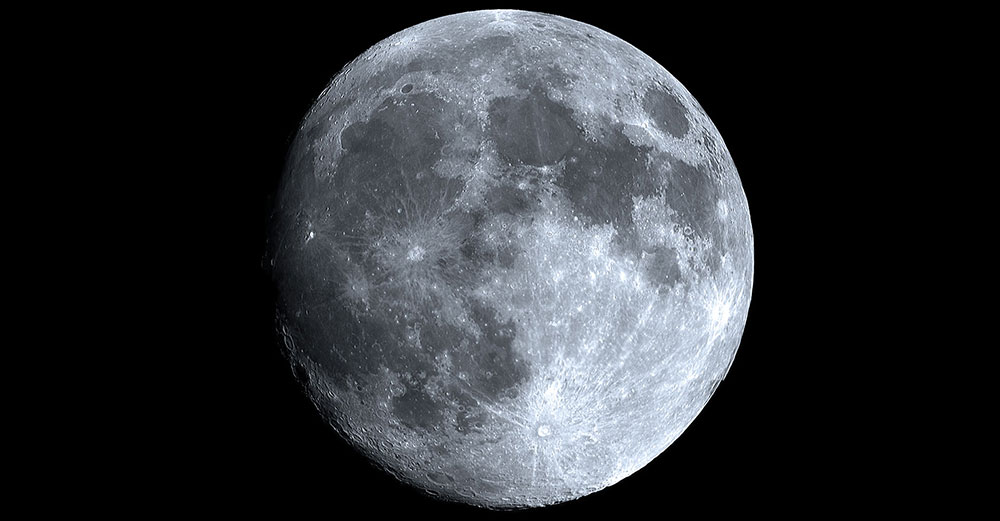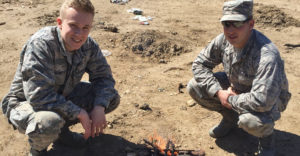
Humans have always pioneered and looked for new places to explore and settle. Past trips have taken us and our robot technologies to the moon and allowed us to see things we never imagined. Knowing our own solar system is a crucial part of beginning investigations outside our galaxy.
For each of us, our path to research and understanding of the unknown starts somewhere unique. Perhaps it is through a professor, another student, or a college staff member. This semester, Dr. Nicholas Warner of SUNY Geneseo is stoking curiosity about space for many students, using a rare collection of lunar rocks.
According to Dr. Warner, geology is a vast and important part of space exploration, but perhaps one that needs to be extended further. All those looking to land on another rocky planet need to have more than basic understandings of geology, including terrestrial geology, to be prepared to understand their surroundings. The study and exploration of planetary surfaces in general usually falls under geology.
The lunar rock study is a unique opportunity not afforded to all college campuses. How did Dr. Warner and SUNY Geneseo obtain these samples to expand their geology program offerings?




